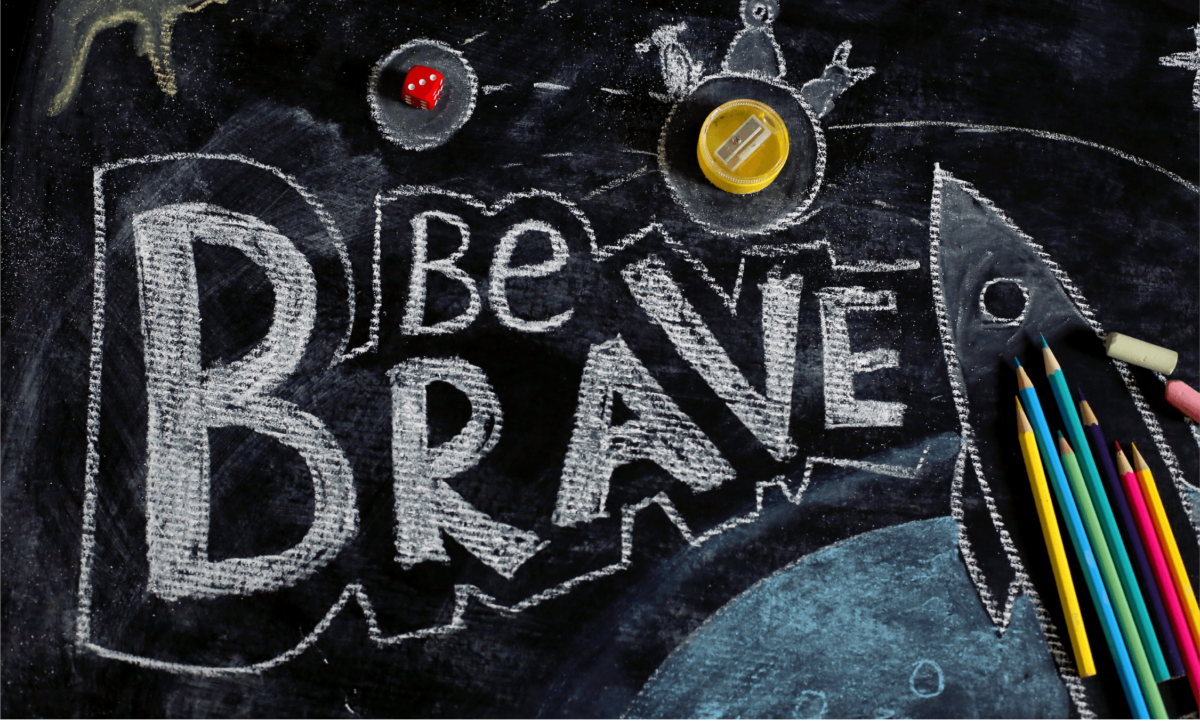Today, February 4, 2016 is World Cancer Day. “Taking place under the tagline ‘We can. I can.’, World Cancer Day 2016-2018 will explore how everyone – as a collective or as individuals – can do their part to reduce the global burden of cancer.”
Linda Brossi Murphy faced breast cancer with a heaping dose of humor and bravely shares her cancer experience in her book F*CK OFF CANCER: Cancer, shaken, not stirred, on the rocks with a twist! to benefit those who may follow in her footsteps. Those who have previously walked in her footsteps will also gain some degree of comfort, validation, and sisterhood as they read this book. As Linda pointed out: “The good news about this is that I was not alone. The bad news is that everyone’s life is touched by cancer.”
Truer words were never spoken, as every person I know has a relationship with cancer. There are, it seems, many paths to health. Linda chose to follow conventional treatment: surgery (two lumpectomies) followed by chemotherapy and radiation. She also chose to participate in a clinical trial, not knowing whether she was receiving the actual drug or a placebo in addition to the protocol outlined by her oncologist.
We’re all lucky that Linda followed a friend’s advice to write this book. Linda tells it like it is, leaving very little to the imagination (yes, her book includes photos to document her journey) as she graciously told her story of life with cancer. This story will help assess cancer treatment by studying how the treatment affected every facet of Linda’s life. Yes, we can call this anecdotal data and dismiss its value. OR we can give this type of data a little more respect and call it a case study. It is, after all, each individual’s experience that lets us know how our science (treatment protocol) actually plays out. Linda’s observation about chemotherapy illustrates the toll her treatment took on body, mind, and spirit:
Someday, in the future, chemotherapy will be looked at the same way we currently look at electric shock therapy. Barbaric! As we progress in understanding cancer and finding treatments, it will eventually be looked back upon as ludicrous that we sat people down and pumped them full of a broad-spectrum poison.
There simply must be a better way to treat cancer. Linda endured more than a year and a half of treatment, at one point joking: “I am fat, bald, toenail-less, burned from radiation, and scarred. How lovely!” So how the heck did this wild woman get through her treatment with her sense of humor fully in tact? With a little help from her friends, of course! She had a support team that included a vast group of family and friends. Each chemo treatment found a collection of supporters in Linda’s chemo room laughing, joking, and sometimes cajoling the hours away. This party atmosphere did not mean that Linda didn’t appreciate the serious nature of cancer. On the contrary, this was just one way Linda chose to tell cancer to f*ck off.
Linda also focused on her medical team: To show the members of her medical team how much she appreciated their treatment, Linda asked her support team to bake cookies for her medical team rather than to bring meals to her and her family. Not just once and done; she had a calendar and her support team signed up to bake cookies and make sure they got them to Linda ahead to time so she could deliver them prior to her treatment. She also threw an end-of-treatment party to thank everyone – friends, family, medical personnel – who had helped her through her treatment.
This book is a generous gift from a cancer conqueror to anyone who wants to know what it’s like to walk through the world of cancer treatment. There are laughs and tears along the way as you’d expect. Not surprisingly, there are also poignant moments when Linda and her husband faced mortality head on. Little was easy; much was overwhelming. Each day also presented a new adventure, an opportunity to look at the world from a new vantage point. While making her way through a world of overwhelm, Linda chose to find a way to laugh every day as she walked through the halls of cancer treatment.
As we observe World Cancer Day in 2016, we owe it to Linda and everyone else who has faced a cancer diagnosis to:
- Acknowledge that after 40 years of fighting a war on cancer, we need to change up our approach.
- Stop expecting a different outcome without changing our behavior (treatment / research).
- Provide support to cancer patients, rather than the cancer industry.
- Focus on prevention. Prevention ≠ screening / detection.
- Explore evidence-based complementary care.
- Read this book and others like it to understand how cancer treatment affects the patient.
All eyes are on Vice President Biden’s moonshot. I applaud his and President Obama’s enthusiasm. We’ve also got answers right here on Earth that are waiting to be put into practice. What do you say? I say now would be the time.






